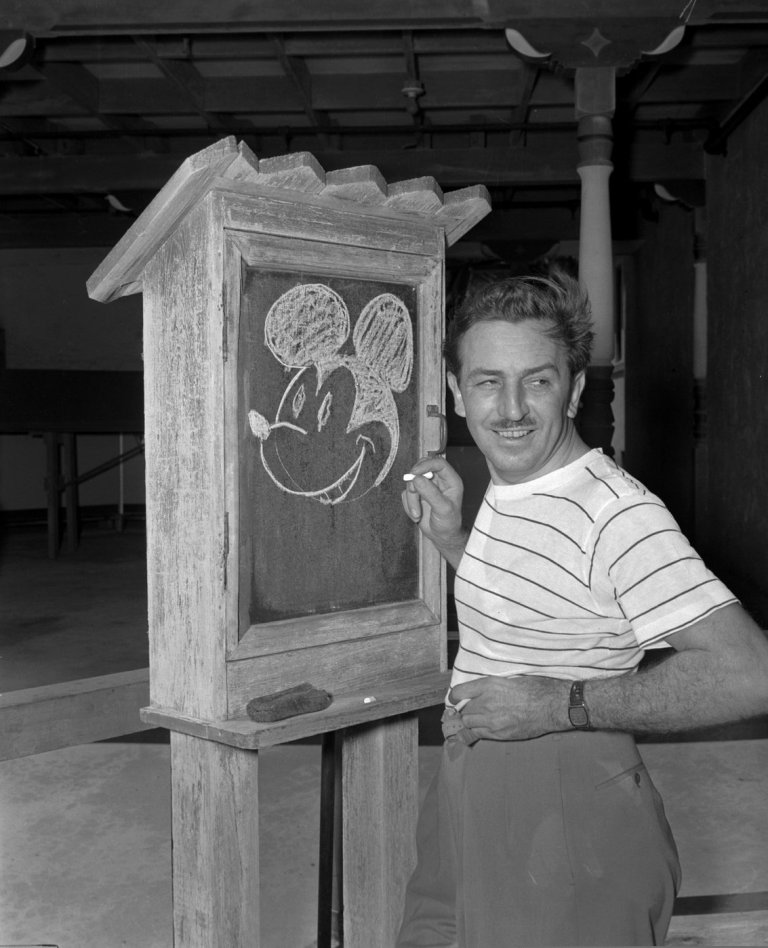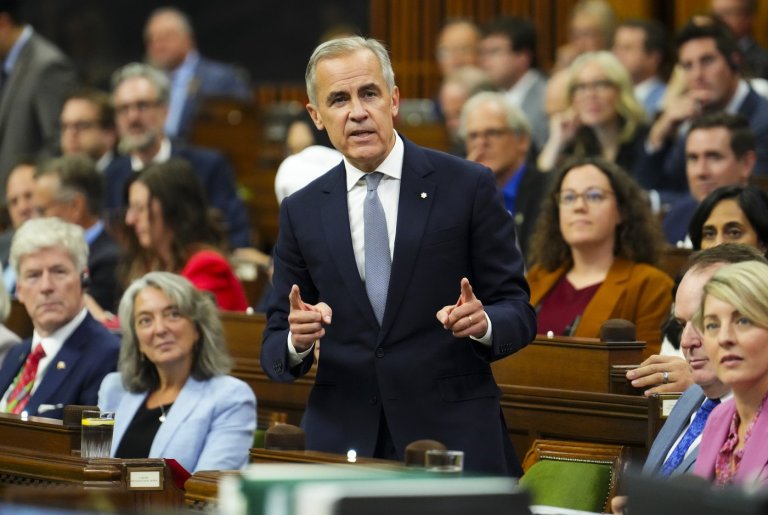EPA, Texas reach agreement on parts of clean air plan that had long been points of contention
DALLAS – Federal and state environmental officials said Wednesday that they have reached an agreement on portions of the Texas clean air plan that, for years, have been points of contention.
The U.S. Environmental Protection Agency and the Texas Commission on Environmental Quality confirmed Wednesday that the conditional agreement on state permits will allow some operating flexibility to major air pollution sources, such as refineries.
“We are pleased that the TCEQ and EPA have been able to reach an agreement for EPA to propose conditional approval of the Texas flexible permit program, and that the EPA now understands why the program is legal and effective,” said TCEQ Chairman Bryan Shaw.
The deal comes after years of bitter bickering between the federal and state agencies over environmental regulations. The disagreement peaked almost four years ago when the federal agency overturned a long-term flexible permitting program the EPA said didn’t meet federal clean air rules. The move forced more than 100 industries, including some of the nation’s largest refineries, to work directly with the EPA to get new operating papers.
The agreement would require continuous monitoring of separate operating units under a general cap of emissions.
The state agency’s governing commission will review the deal Feb. 12.
The Texas agency had challenged in court the EPA’s 2010 decision to overturn the state program, which also allowed plants to operate under an emissions “umbrella” but did not separately detail pollution from different sources. It remains unclear whether Texas will drop that lawsuit.
Join the Conversation!
Want to share your thoughts, add context, or connect with others in your community?
You must be logged in to post a comment.


















